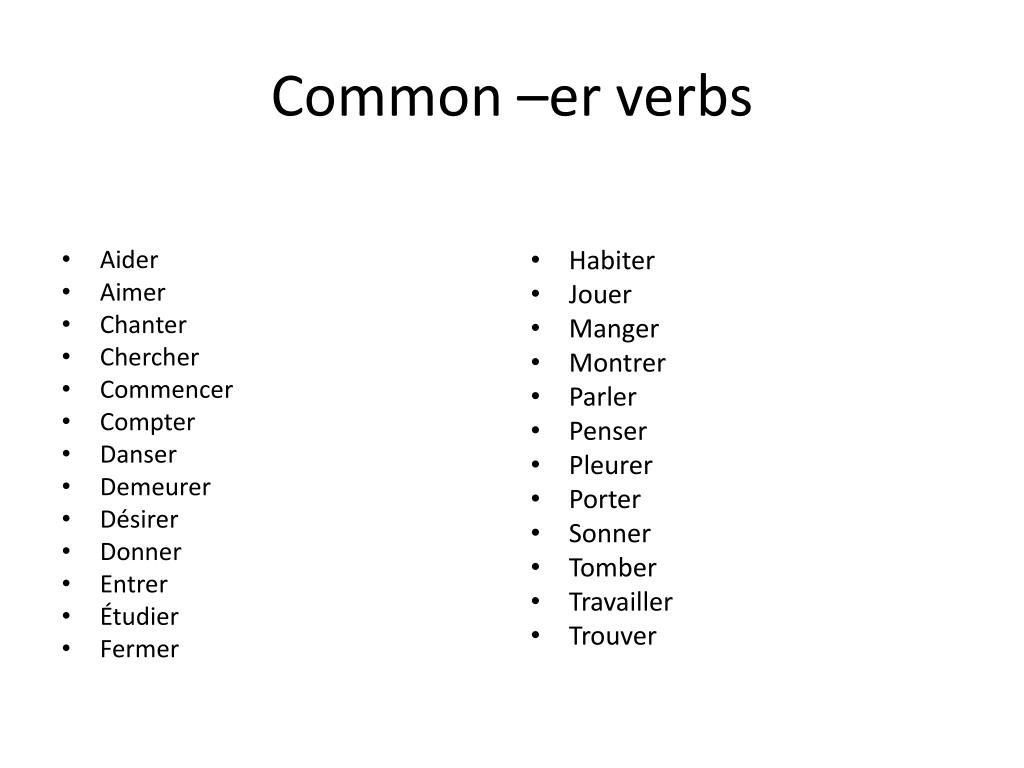


Watch out! A very common exception is la maison (the house). French Nouns Ending in On are Masculineįrench Nouns ending in “on” are masculine, as in le salon (the sitting room), le poisson (the fish), le garçon (the boy), le pantalon (the trousers). More Details & Audio Samples French Nouns Ending in In are Masculineįor example le vin (the wine), le magasin (the shop), le dessin (the drawing), le chemin (the road, way), le jardin (the garden).Īn exception is la fin (the end). The one exception is la jument (the mare). We have many nouns ending in “ment” in French, and they are masculine: le gouvernement (the government), un appartement (a flat), le commencement (the beginning), un abonnement (a subscription). Important exceptions since they are very common words: l’eau (water) and la peau (skin).įrench Nouns Ending in Ment are Masculine Eau, for example le bateau (the boat), le manteau (the coat), le chapeau (the hat), l’oiseau (the bird).É, as in le café (coffee or café), le canapé (the sofa), le carré (the square), le défilé (the procession), le supermarché (the supermarket).Ège, for example le manège (merry go round), un arpège (arpeggio).Unfortunately, they also come with exceptions… French Nouns Ending in Ège, É and Eau are Masculine Now, here are some common endings that are typically masculine. New words, often coming from English, like new technologies, ending in “ing” and “isme” are usually masculine.Nouns ending in b, c, cle, d, k, l, m, oir, p are typically masculine, but not that numerous in French.
#ER ENDINGS HOW TO#
How To Memorize French Noun Genders? French Nouns Ending Which Are Generally Masculine


 0 kommentar(er)
0 kommentar(er)
